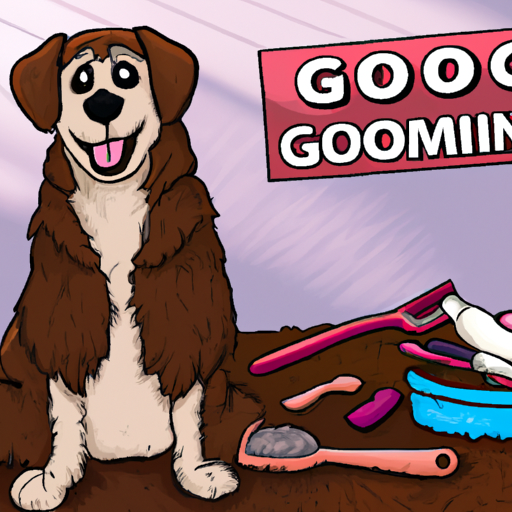Understanding Your Dog’s Shedding
Shedding in dogs is a normal part of their life. It’s their way of replacing old or damaged hair. However, the frequency and amount they shed often depend on their health and breed type. Some dogs, like Labrador Retrievers, shed a lot while others, such as poodles, hardly shed at all.
To understand your dog’s shedding pattern, it’s important to pay attention to what’s normal for them. If you notice an unusual increase in shedding, it may be a sign of an underlying health issue, such as skin allergies or hormonal imbalances.
How to Manage Your Dog’s Shedding
Your role as a caregiver is paramount in managing your dog’s shedding. Here are a few tips:
-
Regular Brushing: Brush your dog’s hair at least once a week. This can help remove loose fur and minimize the amount of hair that ends up on your clothes and furniture. Brushing also helps distribute oils from the dog’s skin to its fur, keeping it healthy and shiny.
-
Proper Nutrition: A balanced diet is essential for your dog’s overall health and can affect the condition of its coat. Ensure your dog’s diet includes the necessary vitamins and minerals it needs for a healthy coat.
-
Regular Baths: Bathing your dog regularly can help control shedding. However, avoid over-bathing as it can dry out your dog’s skin and cause more shedding.
Dietary Supplements for Dogs
A balanced diet is crucial, but sometimes, your dog might need a little extra help. Certain dietary supplements can aid in reducing excessive shedding:
- Omega-3 Fatty Acids: These promote healthy skin and a shiny coat. They can be found in fish oil supplements.
- Vitamin E and Biotin: These vitamins help maintain healthy skin and coat.
| Dietary Supplement | Benefits |
|---|---|
| Omega-3 Fatty Acids | Promotes healthy skin and shiny coat |
| Vitamin E | Maintains healthy skin and coat |
| Biotin | Supports healthy skin and coat |
When to Seek Veterinary Help
Sometimes, despite your best efforts, your dog may continue to shed excessively. This could be a sign of an underlying medical condition. In such cases, it’s best to seek veterinary help.
Frequently Asked Questions
Q: How often should I brush my dog?
A: Ideally, you should brush your dog at least once a week. However, for dogs with long or thick fur, more frequent brushing may be necessary.
Q: Can diet affect my dog’s shedding?
A: Yes, a balanced diet is crucial for maintaining a healthy coat and minimizing shedding.
Q: When should I seek help from a vet?
A: If despite regular grooming and proper nutrition, your dog continues to shed excessively, it’s best to seek help from your vet.



